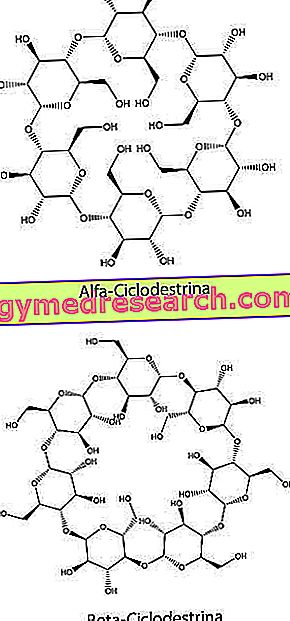
Attention deficit hyperactivity disorder ( ADHD ) is a neuropsychic disorder typical of children, which causes obvious and frequent episodes of inattention (or decline in concentration), hyperactivity and / or impulsivity .
After years of studies, mental health experts have noticed that there are at least three variants of ADHD : inattentive, overactive-impulsive and combined .
In the inattentive variant, attention and concentration skills are almost exclusively affected; in the hyperactive-impulsive variant, aspects of hyperactivity and impulsiveness dominate; finally, in the combined variant, problems can be found attributable to both the inattentive and hyperactive-impulsive variant.
In most cases, patients with the hyperactive-impulsive ADHD variant stand out because
- They are constantly agitated and restless
- They are unable to stand still and quiet even for a few minutes. It's a classic to watch them squirm continually wherever they're sitting.
- They get up from where they are sitting even when they shouldn't (especially at school).
- They tend to run (and climb when the environment allows) even on inappropriate occasions.
- They have difficulty in playing games and leisure time activities in a quiet and peaceful manner.
- They are always on the move or at least ready to do something.
- They talk continuously and in a grueling way.
- They are unable to wait their turn
- They act without thinking, sometimes putting themselves or others in danger.
- They suddenly interrupt conversations or interfere, without any reason, in dialogues between other people. This means that they have problems establishing solid social relationships.
- They tend to respond before the question addressed to them has been formulated completely. They don't do it because they foresee the question, but because something inside them pushes them to do so. After all, they sometimes give meaningless answers.
- They tend to develop a strange sense of frustration, which leads them to be angry or easily irritated.



